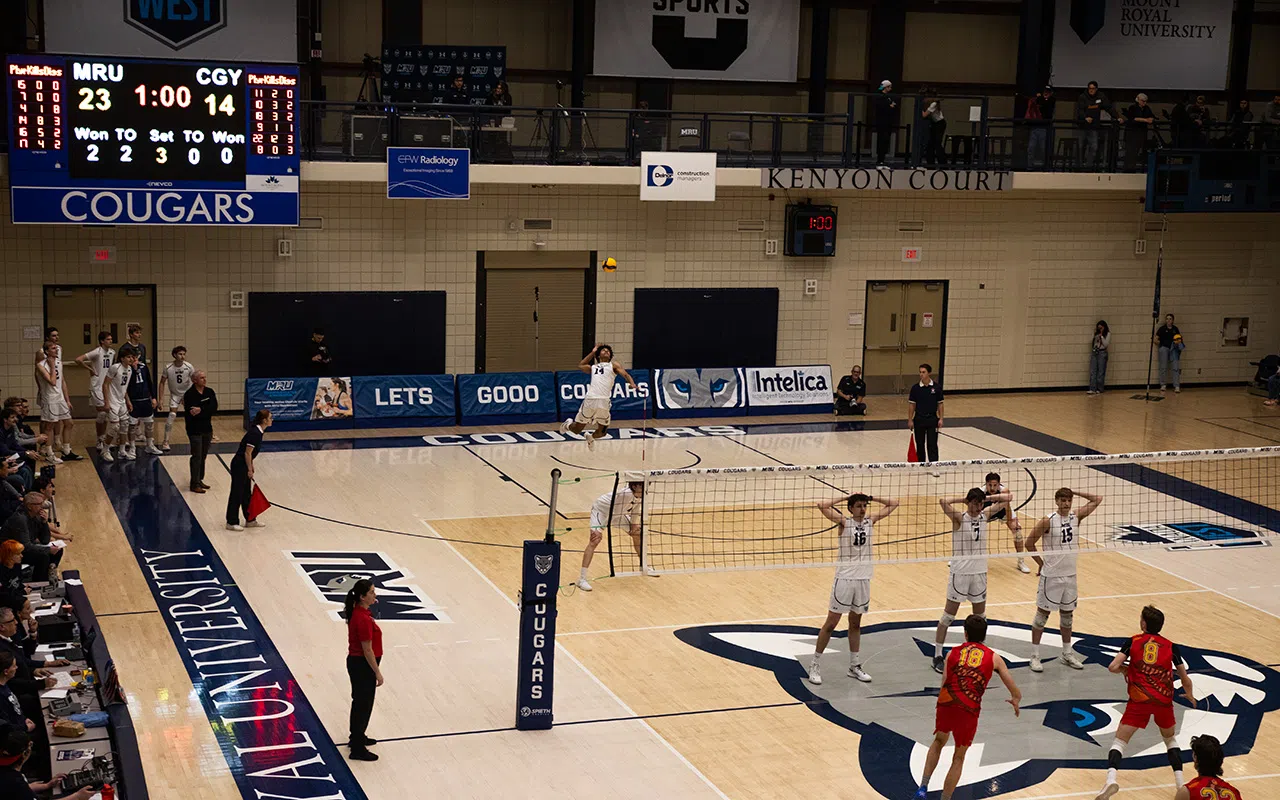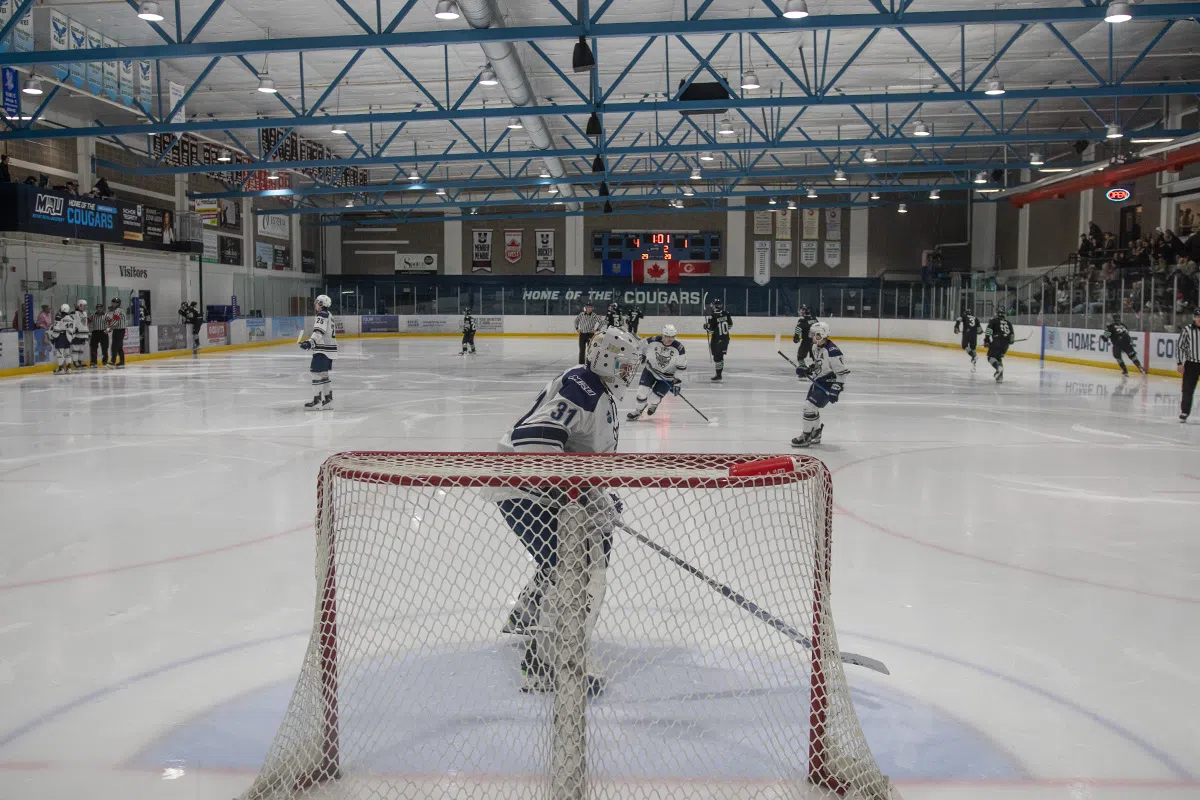
A student works overnight to finish coursework as deadlines approach, a common reality for many post-secondary students balancing heavy workloads
Pulling an all-nighter can feel like the ultimate solution when deadlines and pressure hit. Whether it’s finishing a paper, cramming for an exam or working a late shift, staying up all night is often seen as a badge of honour, proof of dedication and hustle.
But while the short-term payoff might feel worth it, the effects on the body and mind start sooner than most expect.
What actually happens during an all-nighter
Going 24 hours without sleep is considered total sleep deprivation. That’s when the body begins running on stress hormones, caffeine and adrenaline instead of proper rest.
The first noticeable change is in thinking. Focus becomes harder, and reaction times slow down. Studies show that after one sleepless night, the brain operates as if it’s under the influence of alcohol.
Memory also takes a hit. Students pulling an all-nighter to study often struggle to remember what they reviewed. The brain needs sleep to store information, without it, much of what was learned doesn’t stick.
Mood changes after a night without sleep
The emotional impact appears just as quickly. Lack of sleep increases irritability, anxiety and emotional overreactions. People become more sensitive to stress and less patient with others.
Skipping sleep can also make it harder to read people’s tone or facial expressions, which can complicate conversations and increase conflict.
The physical effects hit next
Sleep is when the body restores energy and repairs muscle. Without that time to recover, fatigue builds. People often report headaches, sensitivity to cold and an overall drop in energy after an all-nighter.
The immune system also weakens. After just one night without sleep, the body has a harder time fighting illness. Repeating all-nighters increases the risk of long-term issues such as high blood pressure, weight gain and increased stress on the heart.
When an all-nighter can’t be avoided
Sometimes, it has to be done. If an all-nighter is unavoidable, sleep experts suggest:
- Use caffeine carefully and avoid large amounts late in the night
- Keep lights bright to stay alert
- Don’t drive or operate machinery the next day
- Eat proper meals instead of sugar-heavy snacks
- Take a short nap (10 to 20 minutes) when possible
All-nighters might feel productive, but recovery can take days. Sleep is a more powerful tool for performance than extra hours awake.
For better ways to avoid resorting to all-nighters




Comments